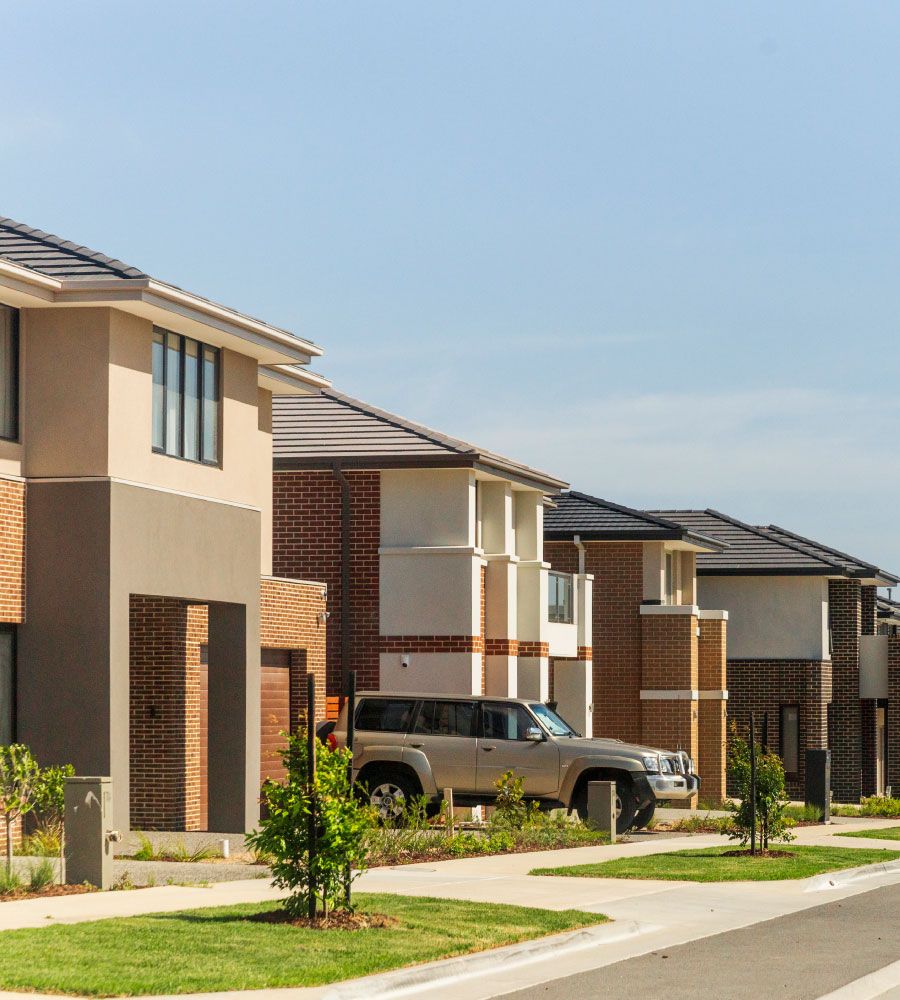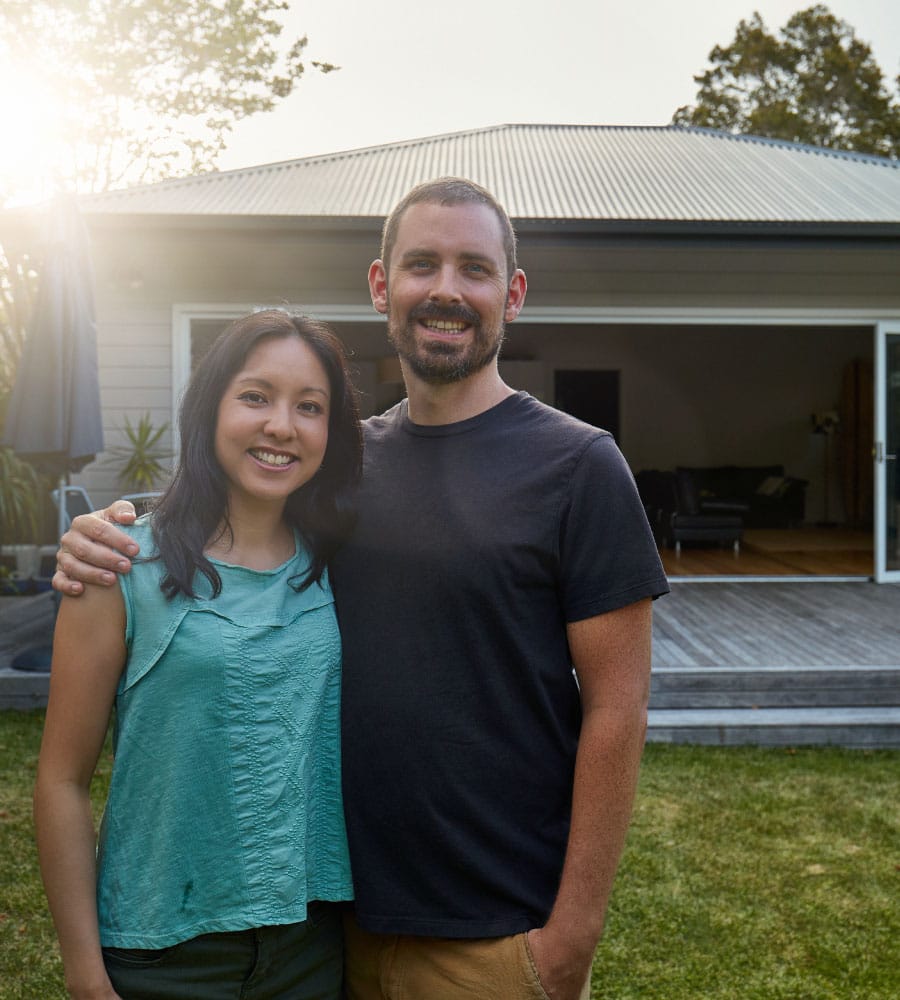
Why is it that most people don’t become wealthy? In a country like Australia, with the opportunities that we have for taking control of our money, why is it that so few people ever feel financially independent?
The rules that determine wealth are not hidden. Yet, so few Australians, in the years since they first began earning a living, have dramatically altered their financial path.
Many fail to do what they know they should be doing while some lack the discipline to refrain from spending everything they make, and others grow up never even believing that it is possible for them to change their economic course.
Yet, at Wealth Seekers, we believe everyone has the ability to alter their financial path for the better.Click To TweetWhile wealth is a relative concept, state of mind and the right attitude plays a greater role than your bank balance. Achieving a desired net wealth is in and of itself an education, one that fosters virtues, cultivates a sense of independence and nurtures our financial confidence to create a sense of wealth through self-reliance.
Make no mistake, applying the guidance across this five part series will improve your finances; however, you may find that the greatest transformation you experience is your relationship with money.
“The average Australian family has the same potential as a family on twice the household income to live healthy, wealthy and happy – unfortunately many will never realise it.”
– Adrian McPhee, Financial Advisor
Part 1: Taking control of your money
Always spend less than you make
Your life will be much easier and less stressful.
Delaying gratification and consistently spending less than you earn is a sign of maturity, strength and financial control.
The feeling of security that comes with financial control never leaves you. It will never wear off. It becomes part of who you are and shapes your entire view of what’s possible.
Without achieving financial control, it can mean spending 50 years in a meaningless career with little to no sense of self-fulfilment.
If you wish to remain economically and emotionally independent, financial control is an essential virtue to develop.
“Annual income twenty pounds, annual expenditure nineteen six, result happiness. Annual income twenty pounds, annual expenditure twenty pound ought and six, result misery”
– Charles Dickens
Have a plan not just a budget.
A budget prevents us from going through life and inferring our spending patterns from the bills we receive. A plan, on the other hand, can change our lives forever.
A budget is about better finances, whereas a plan is all about a better life and, ultimately, about providing a greater return on your effort.
Budgets are great for your finances (if you can stick to one) and the most responsible way to purchase material things that we’d like more of in our lives.
However, positioning your finances to enable you to – preferably sooner rather than later – move away from the grindstone and devoting more of your time toward the things you enjoy the most requires a plan.
A budget can go some of the way to helping you achieve this, but it is a plan that brings it altogether.
Pay yourself first
You will only begin building wealth when you start to realise that a part of all the money you earn is yours to keep.
You always have to pay others for goods and services at the point of sale or at the time of consumption, and generally what’s left over is yours to spend how you like. However, no purchase that you make is more important than the promise of your future. Pay yourself first and pay as much as you can!
Money is a tool to allow you the economic advantage of creating the life that you want with the limited time you have available.
It’s about being in control. It’s about being able to stand up and make yourself a priority!Click To TweetAnd ultimately, it’s about being able to sidestep a lot of the bulls@#t that many other people have to deal with on a daily basis.
“Try to save something while your salary is small; it’s impossible to save after you begin to earn more”
– Jack Benny
Cut what you hate not what you love.
‘Necessary expenses’ always increase to match your income unless you resist that urge. Do not confuse what really are necessary expenses with your desires.
Australian is the most expensive country in the world to live in, according to Deutsche Bank’s Mapping the World’s Prices report.
With cost of living driven higher by rising power bills, housing costs, health care expenses, petrol prices and some of the highest bank fees in the world – it is our disposable income (our future wealth potential) that’s affected.
Fundamentally, there are two ways to have more money to spend, save and invest. You can either earn more or cut costs, and if you’re going to cut costs, begin with saving on the things you hate (rather than trimming what you love) by paying lower prices (negotiating / switching) for common expenses – electricity, health care, phones, internet, credit card interest, home loan rates, insurances.
Also, be mindful of what brings you enjoyment. There is no reason to spend money you don’t have on stuff you don’t need to impress people you don’t like! It is unnecessary spending that can rob you of your financial independence.
Have an emergency fund.
Without savings to fall back on, your financial plans can quickly derail when unexpected expenses arise. In addition, it’s your savings that will provide you the greatest sense of financial control.
Irrespective of what people say or think, the harsh reality is this—money is important, not as a mark of success, but as a way of enjoying your freedom and having control of your life.
It’s when you look into your future and see a lot of things to be worried about – and no way to gain a sense of control – that you experience anxiety.
An emergency fund enables you to extinguish the anxieties that comes from future concerns and move on with your life the way you want to.Click To TweetIt’s the money that empowers you to live how you want to live, even during times when life is not going your way.
With emergency savings in place, you’re telling your family that you’re putting them ahead of those purchases that have little benefit other than to keep up with the Joneses. By having emergency savings, you’re effectively buying your family safety and security. Surprisingly, very few people ever consciously make that decision.
Save and invest more while needing to save less…
Taking control of your money is a formula for compounding your progress toward financial independence and personal wealth.
When someone makes $60,000 a year after tax, but lives on just $40,000 a year, they can contribute $20,000 a year to their nest egg, and they can retire when that nest egg is big enough to generate — along with social security and other benefits — $40,000 a year.
However, someone who makes $60,000 a year, but spends $58,000 a year can only contribute $2,000 a year to a portfolio that must eventually provide them with $58,000 a year in retirement. They’re saving less, yet they need to accumulate substantially more due to their higher cost of living.
When it comes to financial control, spending substantially less than you earn means that you can save more toward achieving financial independence sooner.
Is there a better, smarter way of building with your personal finances?
Be sure of it with Personalised Financial Advice

Considering taking control of your money? Talk to us today about planning your financial priorities.
























































